In celebration of CWS’ 20th anniversary, we interviewed owner Alan De Keyrel to find out about the evolution of his company’s successes, pitfalls, and valuable lessons learned.
Q1: What were some of your biggest challenges early on in CWS’ history?
A1: Money! Any startup business struggles with finding customers and turning a profit. When I first got into web development, it felt more like a hobby than a business. I wasn’t sure what this company would become. My mentality had to shift in order to treat the service I was providing as a business.
Q2: How do earlier challenges differ from or are similar to challenges today?
A2: As you grow, you start to realize that you are only as good as the talent you’re surrounded with. Truly. My focus changed from trying to be proficient at everything, to finding and retaining great talent that would be proficient for me. When you have the right team, your business flourishes like you can’t imagine.
More opportunities come your way because you can provide a different level of service to an entirely different level of customers. Early on, you’ll take any customer you can find and force yourself to be compatible. Once you have the right talent and resources, there’s more opportunity to attract and work with your ideal customers.
Q3: What processes or principles that you set in place 20 years ago are still being used today? How have they changed?
A3: Our core values have always targeted our people and our work environment. Since the beginning, we have focused on being family-oriented, flexible, and fun. That hasn’t changed, and we do our best to keep it that way.
In regards to our services, we welcome the evolving nature of our industry. Tools and technology are constantly improving and changing, and it’s always been our philosophy to stay ahead of the game. Our processes are flexible for that exact reason; we expect to continuously adapt and expand.
We have always had a strong learning principle at CWS. Everyone needs to continue to learn about their craft. This principle has progressed more recently, as we’re requesting that our team members learn more about each other’s processes. This way we have a clear understanding of one another’s roles and how they contribute to the success of the team.
[Learn more about leadership: sign up for our FREE Leadership Email Series here!]
Q4: How has your team grown in the last 20 years?
A4: We have added approximately one employee per year. At our 6th year we had 6 people, 10th year we had 10, and so on. We already have over 20 people working for us now and we’re looking to add more in our 21st year. I feel incredibly fortunate to be surrounded by such a wonderful group of professionals.
Q5: If you could go back in time and change anything in CWS’ history, what would you change?
A5: I would have brought my wife, Kim, into the business sooner. She complements my business skills, so it makes us a great team. While I’m all-business, she focuses on team recognition, morale, and human resource tasks. She has become such an important part of the CWS team and culture. The best thing is that we can share in the challenges and successes of CWS, and we’re both equally invested in it.
Q6: What were some of your greatest lessons you learned in the last 20 years?
A6: Managing cash flow is key. It’s not fun, but it’s necessary. I also found recurring revenue to be essential to business regardless of how many new clients you acquire. This way, we always have a steady flow to keep us afloat during slower quarters. That’s why we work hard at providing valuable ongoing services and retaining long-term relationships with clients. If you simply focus on providing value to your customers they will continue to invest in your services and help you grow. Don’t try to “sell” your products or services… simply solve your customer’s problems at a fair price.
Q7: What are some of your favorite moments of CWS?
A7: Back in 1999-2002, our team would play Unreal Tournament (a first person shooter game) throughout the day. When the lights turned off, everyone knew it was time to fire up our PC shooting game, and play for a bit to blow off steam. Today, we play foosball, have company outings, and just continue to have a lot of fun together. Teams that play together… stay together.
One of my all-time favorite moments was the opening of our new office building. It really felt real to me that we were planning for a long, successful future. I realized then how far I’d come from starting up a web business out of the basement of a fraternity house!

.jpg?t=1533315998368) How-To Articles
How-To Articles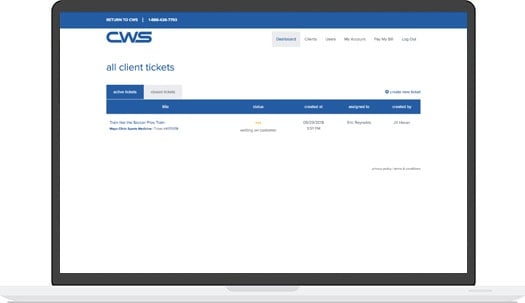 Support Portal
Support Portal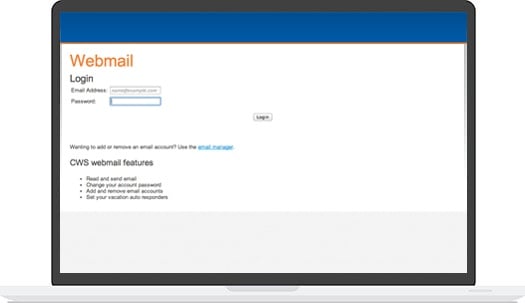 Webmail
Webmail Rapid Newsletter+
Rapid Newsletter+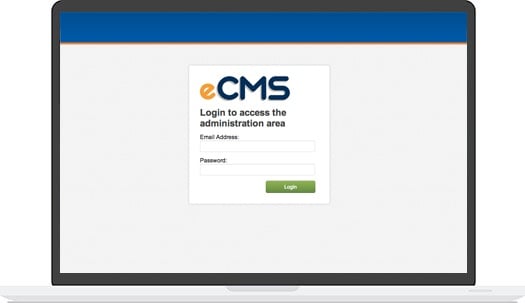 eCMS
eCMS
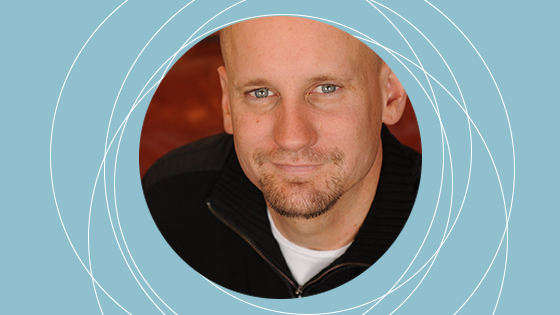
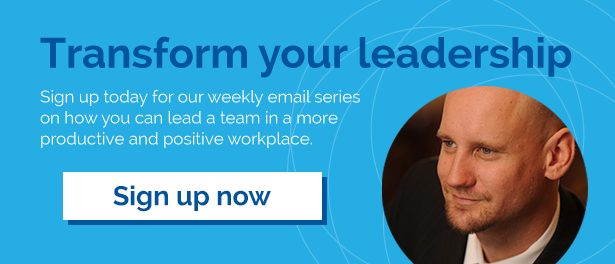
 Our content team is made up of thought leaders, strategists, and content creators who have more than 70 years of combined experience. With a wide variety of backgrounds as entrepreneurs, marketing gurus, healthcare associates, as well as plenty of experience in other industries, we help grow businesses with our relevant, trusted, and helpful resources.
Our content team is made up of thought leaders, strategists, and content creators who have more than 70 years of combined experience. With a wide variety of backgrounds as entrepreneurs, marketing gurus, healthcare associates, as well as plenty of experience in other industries, we help grow businesses with our relevant, trusted, and helpful resources.
